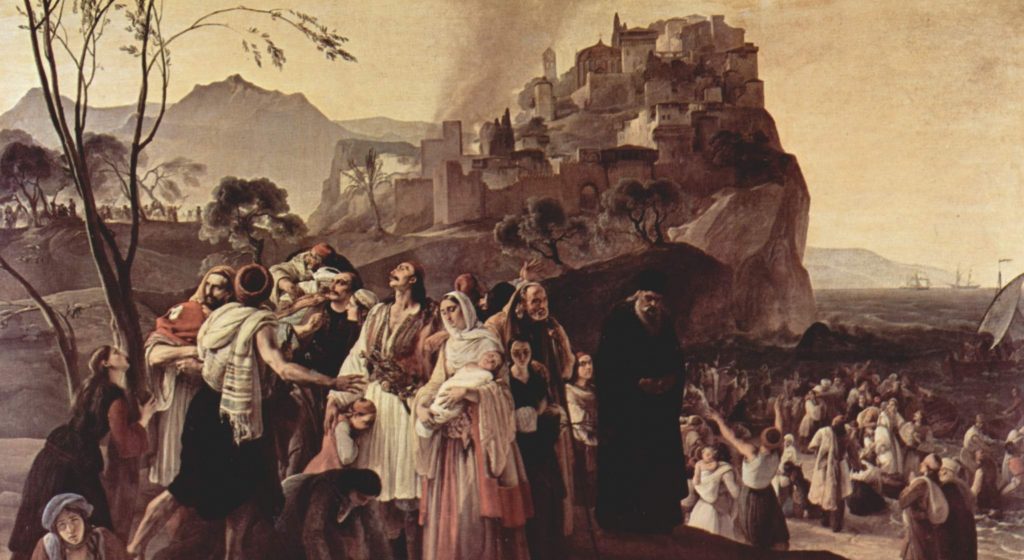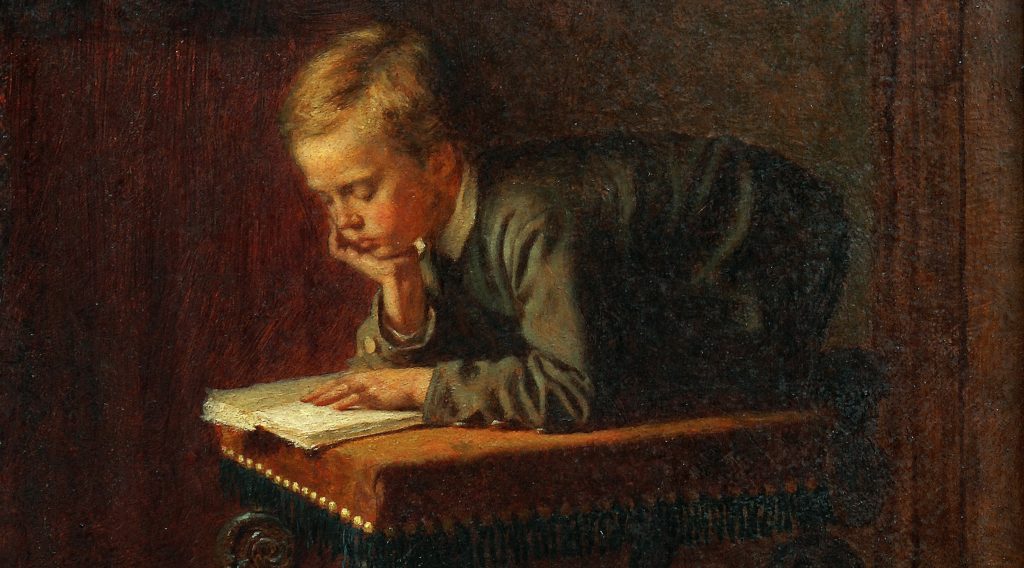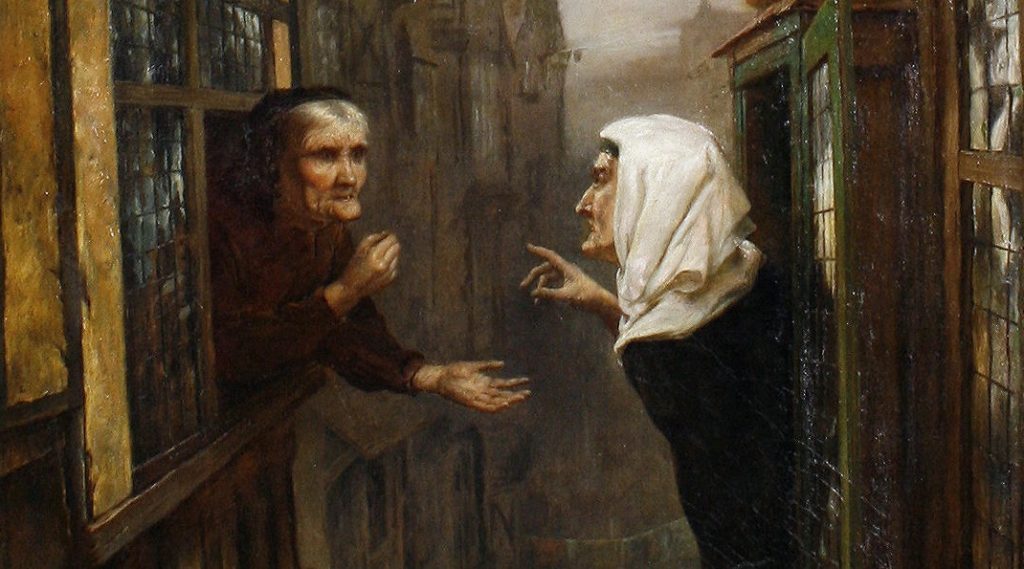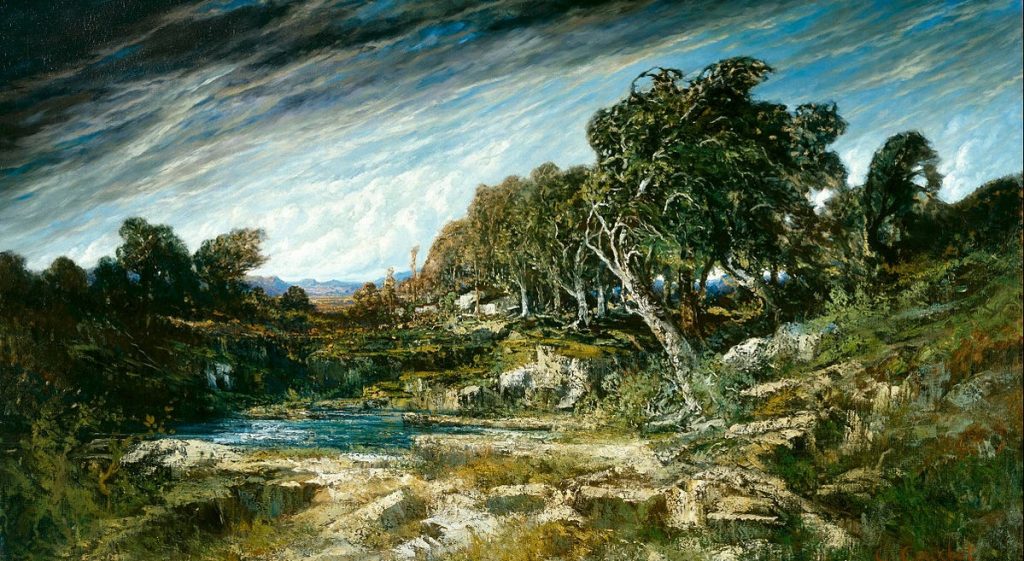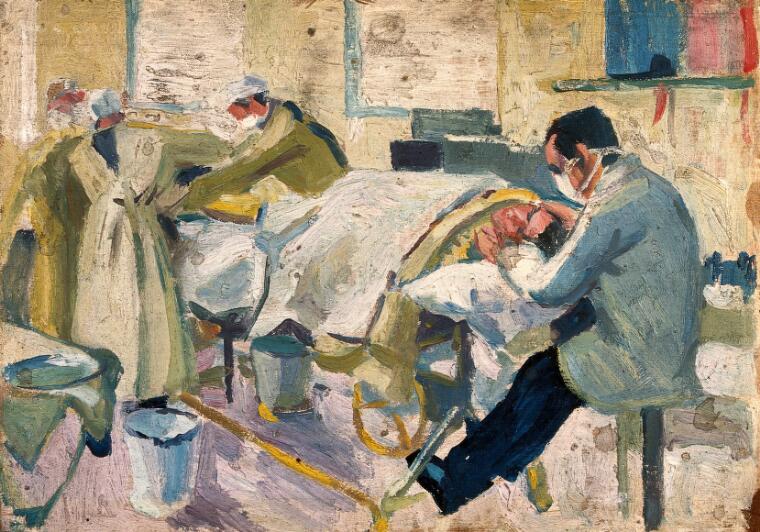
Race for Budapest: Upcoming Municipal Elections in Hungary
2024 is a turbulent year in Hungarian politics, and this is especially true for the capital. New alliances have been formed, while at the same time, some previous cooperation has so broken down that the parties are running against each other.



